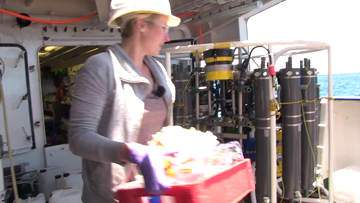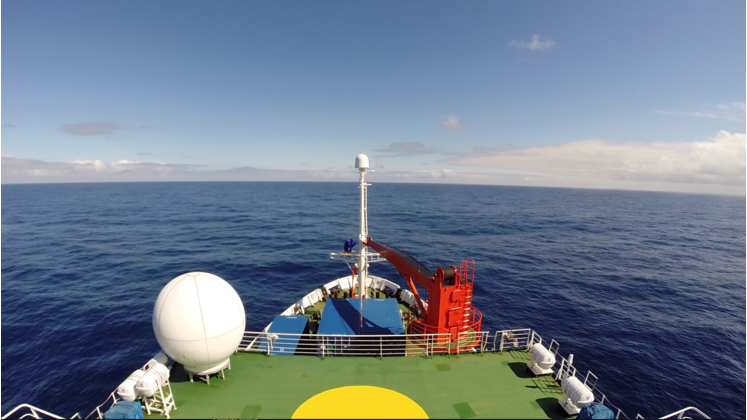Weitere Beiträge des Kanals
Capacity Building - ISATEC-Student Lindan Mlambo
Capacity Building - ISATEC-Student Lindan Mlambo
GenusPodcast in english
Universität Hamburg
554 Hits | 5 Votes
26.11.2014 11:53 | Länge 00:03:17
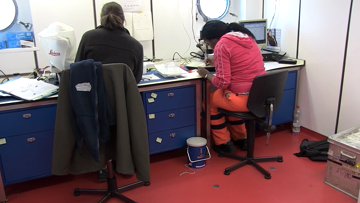
Marine life in oxygen minimum zones
Marine life in oxygen minimum zones
GenusPodcast in english
Universität Hamburg
845 Hits | 2 Votes
17.11.2014 14:50 | Länge 00:06:40
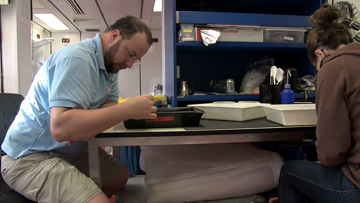
Biogeochemistry and sedimentology in the Benguela upwelling system
Biogeochemistry and sedimentology in the Benguela upwelling system
GenusPodcast in english
Universität Hamburg
546 Hits | 2 Votes
10.11.2014 14:00 | Länge 00:07:15
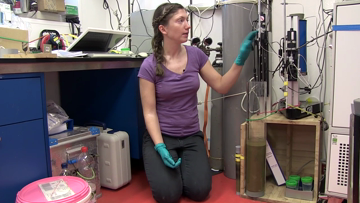
Research into material cycles off the coast of Namibia
Research into material cycles off the coast of Namibia
GenusPodcast in english
Universität Hamburg
680 Hits | 5 Votes
31.10.2014 14:38 | Länge 00:05:02
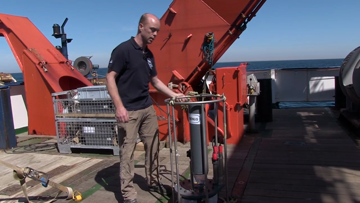
Phytoplankton analysis off the coast of Namibia
Phytoplankton analysis off the coast of Namibia
GenusPodcast in english
Universität Hamburg
969 Hits | 7 Votes
24.10.2014 10:25 | Länge 00:04:59
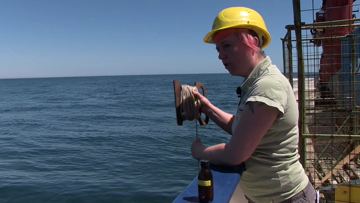
Research into the nutrient and carbon cycles in the upwelling system
Research into the nutrient and carbon cycles in the upwelling system
GenusPodcast in english
Universität Hamburg
766 Hits | 2 Votes
20.10.2014 16:40 | Länge 00:08:27
